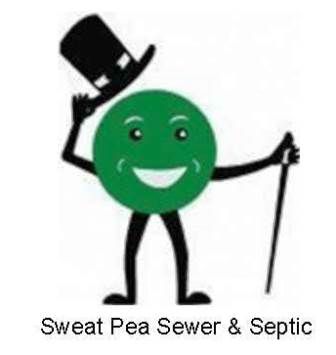
In times like these, it is of the essence to keep our minds and bodies strong. Not to give in to dejection and fear. To find activities that give us meaning and purpose – whatever they may be. To manage, as far as possible, our thoughts and emotions. It is a time for remembering the wisdom of the ancients, for our ancestors knew about hard times and how to get through them. They, too, were no strangers to calamity, and they developed powerful strategies for coping with uncertainty and loss. Above all, they knew how to learn from crises.
Bereft of our certainties and confronted with the unknown, we see behaviours we have never seen before – some that are deeply moving on account of their kindness and generosity, others that are ruthless. When disaster strikes, the media tend to give the impression that we are all selfish at heart. In the current Covid-19 pandemic, amplified reports of panic buying, fistfights over toilet paper, and profiteering are cases in point, as are stories of the callous sacking of long-serving staff. But there are many other stories that could and should be told: about communities coming together, the young and healthy offering to shop for the elderly, chefs cooking for overworked hospital staff, and musicians playing concerts outside the windows of those in quarantine to keep up their spirits. Many businesses are supporting frontline medical staff by offering their products or premises free of charge or by switching to the production of those items that they desperately need. A call for volunteers to help support the UK’s National Health Service saw more than half a million people signing up within hours. Numerous acts of unreported micro- and macro-kindness are taking place across the globe.
The good news is that this kind of behaviour is in fact the norm. Research shows that crises generally bring out the best in us. Since the 1960s, the University of Delaware’s Disaster Research Centre has conducted hundreds of case studies on how we behave in times of crisis. What they have found is heartening: When faced with disasters, the vast majority of us remain calm and help one another. Most of us engage naturally in altruistic and pro-social activities – in giving, volunteering, sharing goods and services, even in truly heroic acts that may cost us and even expose us to risk.
In times of national and international crises, it is of the essence that we try to be our very best selves. That we remember that we are in this together, abandon all selfishness, help those who need our help most, reassure and nurture where we can. Practicing kindness and compassion is our only hope for getting through the current pandemic with our spirits intact. It is what will bind us more closely together and strengthen the collective. Altruism is the highest moral value in most religions for a reason: without it, our souls would wither and our societies collapse.
Altruism denotes the desire to ensure the good of others, and to care for them in a benevolent way. Its Christian form (agape) is unconditional love for everyone – for ourselves, our neighbors, and our enemies. Buddhists go even further, wishing for the happiness of all sentient beings. Some theorists of altruism argue that well-meaning intention is what is most important. Others say that good intentions alone are not sufficient, but must be translated into actions to be of any value. Furthermore, as numerous psychologists have shown, engaging in altruistic acts not only makes others happier; it also makes the one performing the act happier. It is, then, an ancient win/win behavior. Altruism is also one of our core human needs.
The French-born Buddhist monk Matthieu Ricard, reportedly the happiest man on earth, is both a theorist and a practitioner of altruism. He believes that the more widely our circle of care is extended, the more unconditional and inclusive it becomes, the more authentic our altruism is. While we all have a natural tendency to care for the wellbeing of our children, our own kin, and the people who are kind to us, we must cultivate the art of extending our altruism further. “The quality and validity of an ethic increases with its degree of universality,” Ricard writes.
During a pandemic, altruism matters more than ever. It is not just a powerful tool for keeping our and others’ spirits up; it is also necessary for overcoming the outbreak. The coronavirus cannot be stopped unless we realize that we are all interrelated. Our actions impact seriously on others and carry ethical weight – including how much food and toilet paper we buy, how much we go out, and how much physical distance we keep from others. It is noticeable that traditionally more pro-social cultures – such as China and South Korea – have been more effective at dealing with the outbreak than the countries in which Western individualism, economic considerations, and personal liberties are valued more highly than the well-being of the collective. Yet in times like ours, the Stoic emperor Marcus Aurelius’ words have never been truer: “What does not benefit the hive does not benefit the bee either.”
“We were born for cooperation,” Aurelius wrote, “like feet, like hands, like eyelids, like the rows of upper and lower teeth.”
Every bee- rather than hive-oriented act at times like these has wider repercussions. Providing another beautiful image of our interrelated nature, the Greek philosopher Seneca wrote, “Our relations with one another are like a stone arch, which would collapse if the stones did not mutually support each other, and which is upheld in this very way.” When the very foundation of our civilizations is endangered, every little stone matters. We must remember the arch and our place in it. At times like these, we must let the better angels of our nature shine. Ultimately, it’s in our own interests, too.


























